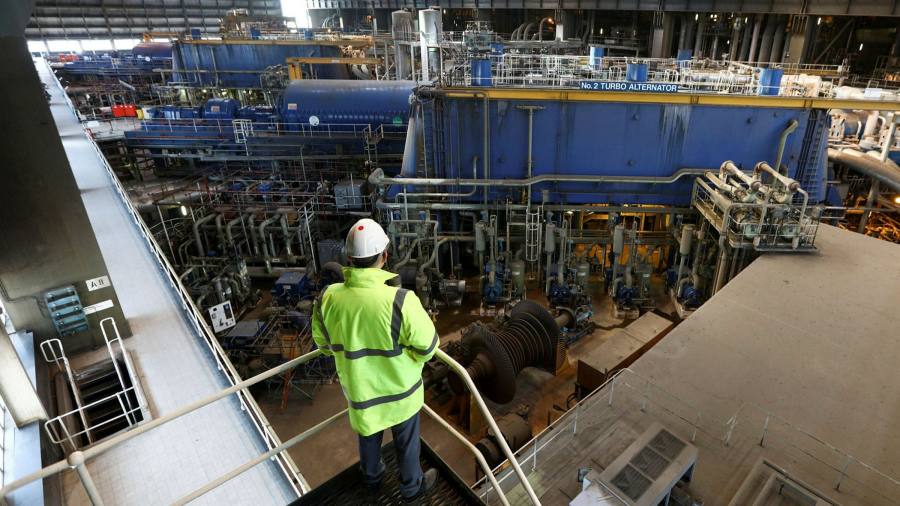Producers of wood-based fuels, including Drax, the British energy group that has sought to reinvent itself as a green energy pioneer, are pushing to relax proposed EU rules that would strengthen forest protections.
As part of its review of clean energy regulations, the European Commission has proposed that firewood from valuable ecosystems – such as “high biodiversity” forests “where there are no clearly visible indications of human activity” – is not classified as renewable.
In a document sent to MEPs and seen by the FT and climate campaign blog DeSmog, the US Industrial Pellet Association, of which Drax is a member, opposed the proposed change to create ‘no go’ woodland areas for harvesting biomass.
The paper, to which Drax’s Tanisha Beebee and other industry representatives contributed, suggested an alternative formulation: that logging of primary forests – native and often ancient trees that have not been disturbed by human activities – “does not interfere with their conservation objectives”.
Almost two-thirds of the EU’s renewable energy comes from biomass. But the sustainability of burning wood for energy is increasingly in question and campaigners have lobbied the EU to introduce stricter sustainability criteria for woody biomass.
Drax is a major producer of wood pellets which plans to double its production and sales by 2030. It says its pellets are made from wood residues – such as tree scraps harvested for other purposes – that would otherwise be wasted or rotten.
Activists say that although many countries have national regulations in place designed to protect forests, they do not always prevent the logging of ancient and valuable ecosystems.
In the Canadian province of British Columbia, an important biomass sourcing region, including for Drax, concerns over large-scale harvesting of old trees prompted the regional government to launch a review to address the issue. Some of the wood from harvesting old trees in the province ends up in pellet form, which is legal but campaigners say is not sustainable.
Campaign group Partnership for Policy Integrity said USIPA wants its members “to be able to continue to exploit primary forests and forests with high biodiversity, so the Commission’s proposal to protect these forests poses a direct threat to their business”.
The USIPA said it “does not seek to remove these protections” but that “some changes are necessary so that region-specific factors and best management practices can be taken into account.” A blanket ban on sourcing from certain areas would prevent harvesting from areas “that are managed to prevent forest fires, diseases and invasive pests”, he said.
Drax said it has shared “data, experiences and best practices with the European Commission to help deliver ambitious, yet achievable sustainability criteria for the industry”.
MEP Nils Torvalds has also proposed banning subsidies for “primary biomass”, or wood coming directly from forests rather than from facilities such as sawmills. The USIPA document says such a ban “would result in the removal of support for approximately 37-51% of the forest biomass used for bioenergy today.”
Removing this support would be “detrimental to the EU’s achievement of its climate goals and reducing reliance on Russian coal and gas”, USIPA told the FT.
Bi-weekly newsletter
Energy is the world’s must-do business and Energy Source is its newsletter. Every Tuesday and Thursday, straight to your inbox, Energy Source brings you essential news, cutting-edge analysis and insider information. register here.

